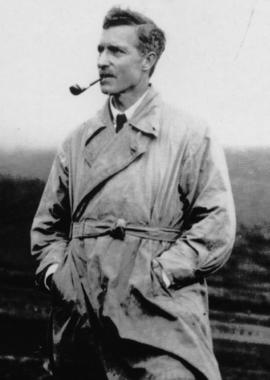Dierenpark Wassenaar is a former zoo located in the Netherlands which was closed down due to lack of funds. The zoo was founded in 1937 by the wealthy car importer Piet Louwman, and continued by Jan Louwman. Piet Louwman also had a collection of tropical birds in his home in Wassenaar. In the early years, the park's population consisted mainly of birds, elephants and tigers, but was soon expanded to include a large collection of great apes, including chimpanzees and orangutans. The zoo was also able to take over animals from The Hague Zoo which was closed in 1943
